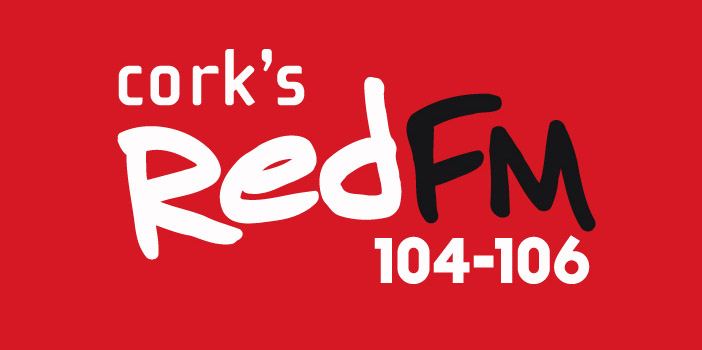Ireland could avoid the loss of 40,000 construction jobs this year by building roads, schools and hospitals with a proposed €5bn Government stimulus package.
Ken Cribben, president of the Society of Chartered Surveyors (SCS), told attendees at the society’s annual dinner in Dublin last night that thousands more jobs are in immediate danger.
The society is suggesting that money from the State’s pension funds could be invested in construction projects.
Under a proposal sent to the Government late last year, this investment would receive a competitive return, backed by a State bond.
“The industry is sliding off the face of a cliff,” said Ken Gribben. “We are calling on the Government to consider a €5bn stimulus package to keep people employed, and to defer the €2.6bn social welfare cost of making them unemployed.
“As a country, we need to address our infrastructural deficit with our neighbours in terms of roads, schools and hospitals. Tender prices are now back at levels last seen a decade ago. We must take advantage of those prices to get 150,000 people working in construction. For that, we need political leadership.”
The SCS is also calling for the introduction of a property tax to fund local authority projects. This would help replace the millions of euro in development levies lost to local authorities due to the flat building market. This money would fund projects such as flood controls and secondary roads.
The society also wants the Government to appoint a chief adviser to head up a new Construction Industry Consultative Council to promote the industry.
“At present, responsibility for the public capital programme is dispersed across nearly all government departments. A ‘construction chief’ would oversee the delivery of the programme and take advantage of the lowest tender prices in a decade to get this sector and the country’s economy working again,” said Mr Cribben.
Inaction could see construction employment fall below 100,000 this year, down from 267,000 in 2007.
“The cost to the Government of doing nothing is €2.6bn in lost tax revenue and increased social welfare payments, not to mention the societal costs of soaring unemployment,” said Ken Cribben. “Plus, they get nothing for that money.”



